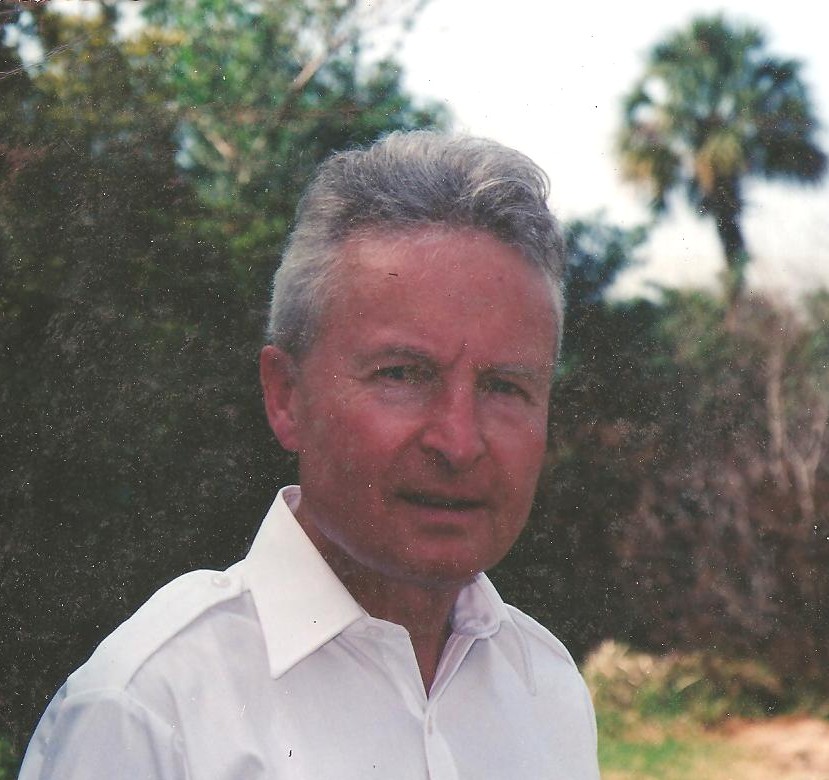|
High blood pressure (hypertension) is related to greatest contradiction in our life. On one side, it may look harmless, as it is not painful; on the other, it is the #1 cause behind premature and non-age-related deaths in our ‘civilized’ society. Fortunately, nature got answers for drug-free blood pressure management. Read on to learn more about. THE PHILOSOPHY BEHIND The term blood pressure indicates the force of the heart pumping blood through the whole body. Pushing the blood against artery walls made up of the relationship between ‘systolic’ pressure (upper value, when the heart beats) and ‘diastolic’ pressure (lower value, between heartbeats). Expressed by millimeters of mercury (mm Hg). When this force becomes higher than 120 mm Hg/systolic (and higher than 80 mm Hg diastolic), we speak about high blood pressure (‘hypertension’), according to the American Heart Association in Dallas, TX, and the American College of Cardiology in Washington, D.C. Increasing the risk of coronary heart disease by at least 50% and of stroke by more than 70%. According to statistics of U.S. governmental Centers for Disease Control and Prevention (CDC), some 75 million U.S. citizens. i.e. more than 30% of adults have high blood pressure. Killing more than 600,000 U.S. citizens with heart disease per year - # 1 cause of non-age-related cause of death. In fact, based on research at, inter alia, the University of California and Kaiser Permanente Medical Center (both Los Angeles, CA), and the Universitaetsklinikum Erlangen in Erlangen, Germany, high blood pressure has very high impact on the cardiovascular system. Such as, inter alia
blood flow and even burst)
To avoid this vicious cycle, it is indispensable to manage your heart pressure, especially if it is already too high. For this purpose, you got 2 opportunities: synthetic drugs (with debilitating side effects involved, extending the vicious cycle). And NATURE’S ANSWERS – SCIENTIFICALLY VALIDATED While these natural answers are almost unlimited, let’s focus on a couple of powerful natural opportunities with special reference to easily adjustable (and inexpensive) lifestyle and nutritional factors. Verified by the American Heart Association. Physical exercise Exercising regularly not only makes your heart stronger and more efficient for pumping blood. It also reduces high blood pressure. According to research at, inter alia, - University of Louisville in Louisville, KY - University of Michigan in Ann Arbor, MI - University of South Carolina in Columbia, SC - University of Costa Rica in San Jose, Costa Rica - Inje University College of Medicine in Busan, South Korea With special reference to aerobic activity of
According to research at the University of California in San Francisco, CA, for every 1,000 steps walking per day, blood pressure may be approximately lower by 0.45 points. Weight management |
As a leading documentation and information center New Medical Frontiers, Inc. receives a lot of questions daily. Learn about the answers in this blog "Ask The Natural Online Doctor".
Author
Dr. Mark Fritz, NMD, PhD Categories
All
|
Copyright New Medical Frontiers, Inc. © 2015 - all rights reserved

 RSS Feed
RSS Feed